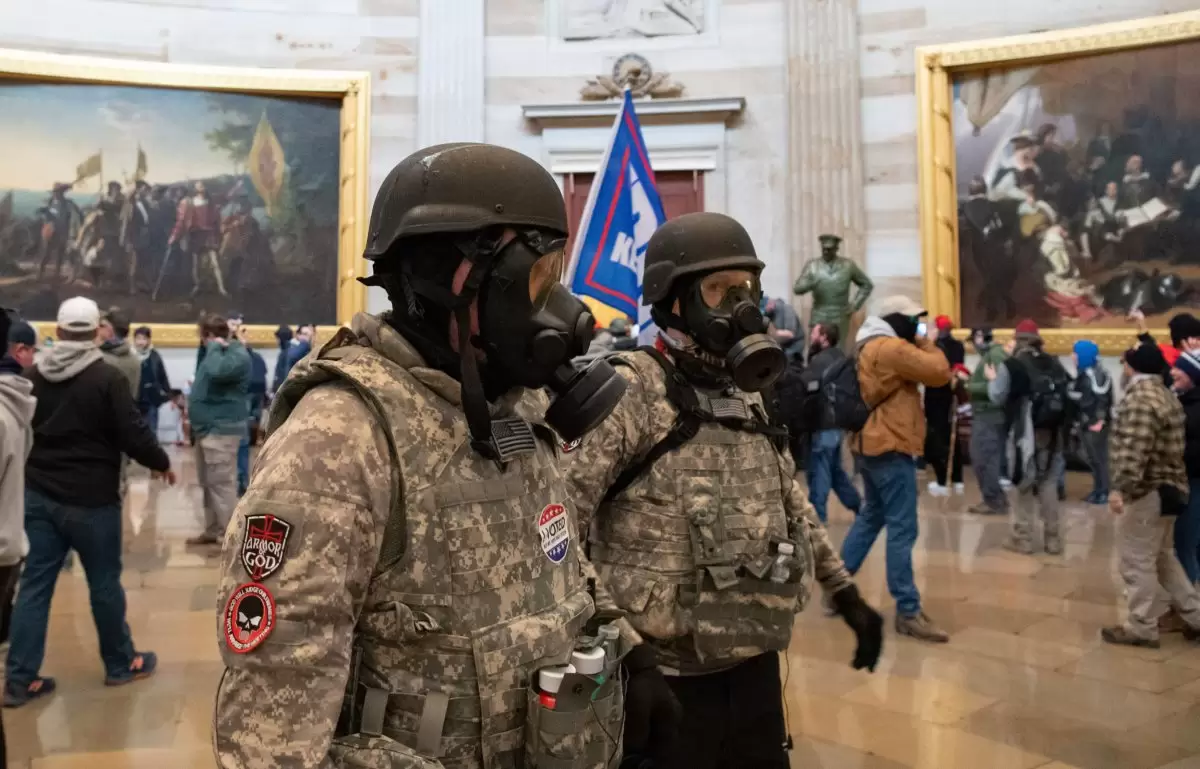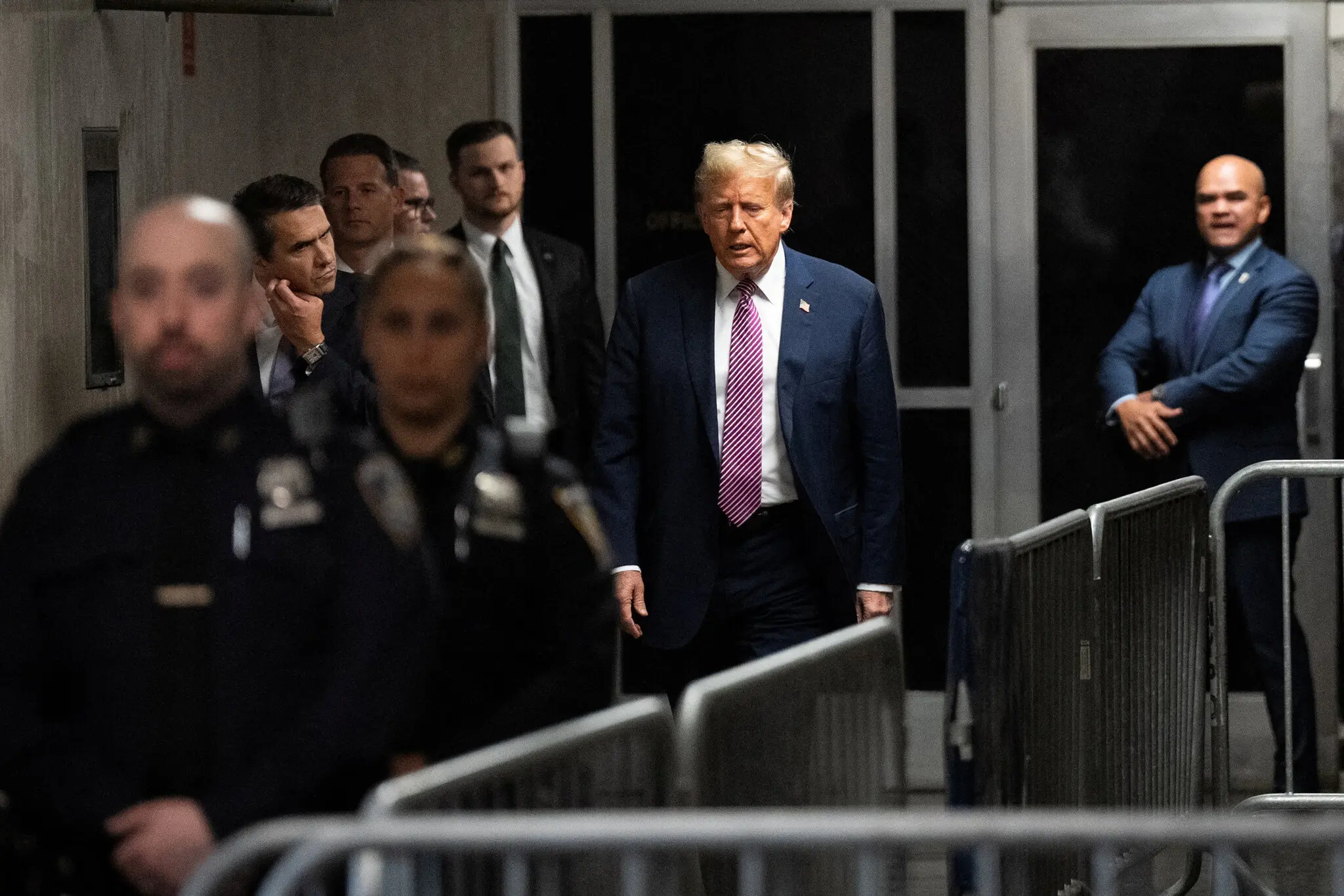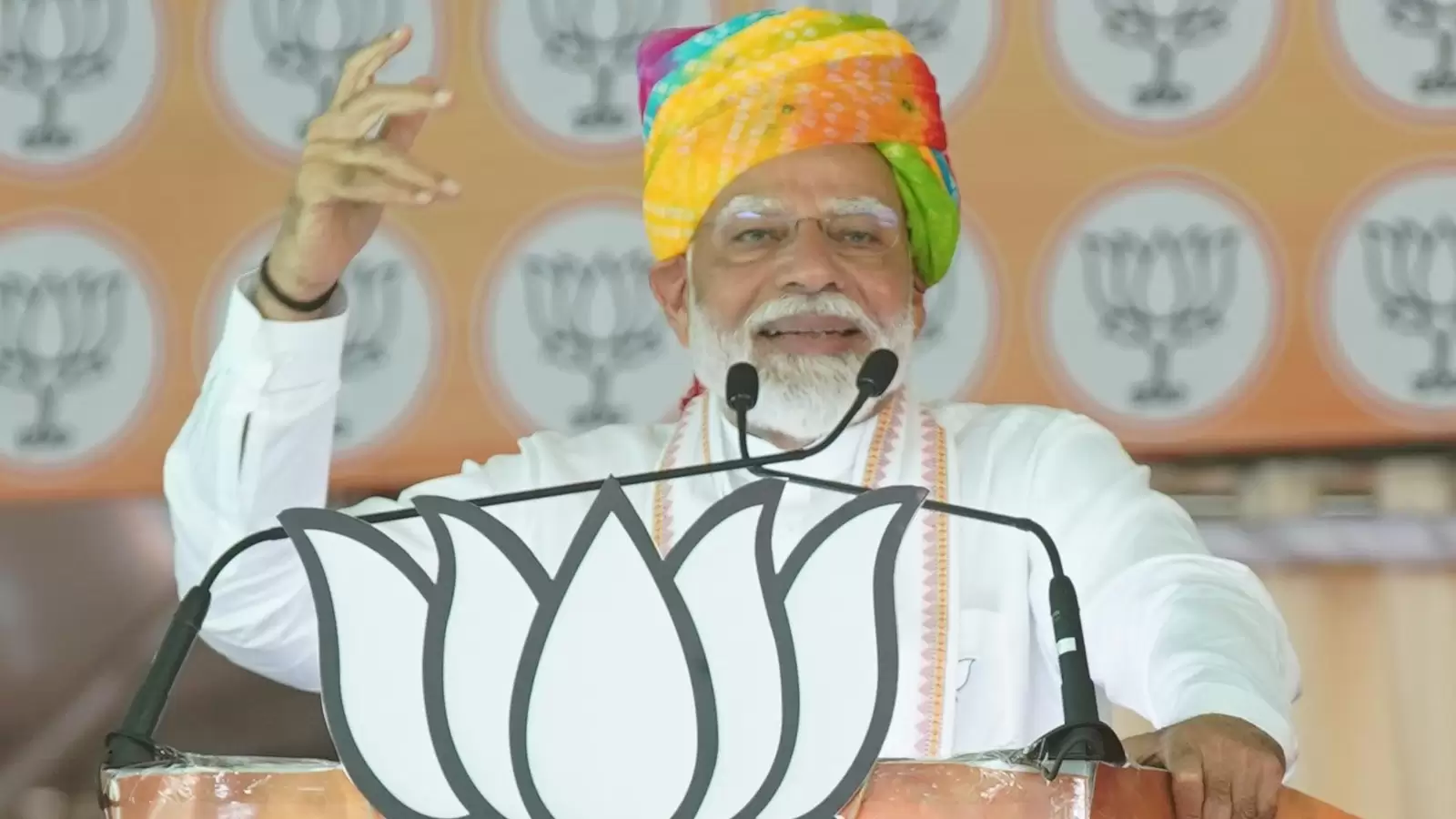Nonviolence Is the Only Answer to a Potentially Violent U.S. Election | Opinion
Share- Nishadil
- January 17, 2024
- 0 Comments
- 6 minutes read
- 645 Views

Nonviolence Is the Only Answer to a Potentially Violent U.S. Election | Opinion
Following the events of Jan. 6, 2021, when Trump supporters breached the U.S. Capitol, a global democracy promotion organization called International IDEA added the U.S. to its annual list of backsliding democracies for the first time.
The United States and 50 other countries will hold national elections in 2024. Through my two decade global career, I have worked on historic democratic transitions and peace processes. I have also witnessed firsthand as countries slid toward authoritarianism. In the wake of the Iowa caucuses, I'm keen to see in which direction my own country—the U.S.—will trend this year.
What kind of role model will we be for the rest of the world? Following the events of Jan. 6, 2021, when Trump supporters breached the U.S. Capitol, a global democracy promotion organization called International IDEA added the U.S. to its annual list of backsliding democracies for the first time. Given ongoing rhetoric around election integrity, many in the U.S.
are already primed to question and even contest election results this year like in 2020. There is unprecedented concern that this election cycle will be a flashpoint for another Jan. 6 style event or worse. Are we doomed to continue this trajectory? In recent years, I have seen many of the same signs of potential political violence in the U.S.
that I have witnessed overseas. Serious threats against members of all three branches of government have intensified, making it more difficult for our democratic institutions to function in service to all Americans. Since 2021, threats against members of have been at historically high levels. At a recent bipartisan event by the McCain Institute, former congressional representatives and Barbara Comstock said that security threats within the Republican caucus influenced the election of the house speaker.
, leading to staffing challenges. There has also been a radical rise in threats against federal judges, which may be affecting their willingness to make tough rulings in politically sensitive cases. To make matters worse, the American public is losing faith in our political system and beginning to think violence is the solution to our problems.
, with fewer than 20 percent of Americans trusting the government in Washington "just about always" or "most of the time." Under these circumstances, even credible attempts to resolve political differences through our institutions may not be perceived as legitimate. If the current is eventually called upon to adjudicate presidential election results this year, will a critical mass of Americans accept their ruling? Beyond mere distrust, —despite an official ruling by a U.S.
attorney that . Serious grievances related to election integrity and other rights—whether real or perceived—provide motive for armed individuals and non state groups, while a to address them. , the former Oath Keeper who testified at the congressional Jan. 6 hearings said his former militia is well funded and training for "warfighting." In parallel, today more than half of U.S.
states allow permitless carrying of guns after a paradigm shifting Supreme Court decision in June 2022 struck down the requirement for a "proper cause" to carry a gun. This is a dramatic increase from a decade ago when all but four states required a permit to legally carry a concealed weapon in public.
Increasing public access to weapons and political volatility are a dangerous mix. Our divisions are being fed by a steady stream of false, hateful, and violent communication from leaders and citizens alike— . that moderates have become reluctant to share their opinions online for fear of being piled on by critics.
This has left political discourse dominated by the extremes. In addition, social media algorithms corral us into homogenous online communities, where dehumanizing others often serves as a form of social bonding to reinforce a group's identity and create a sense of unity. Finally, this will be the first U.S.
election since artificial intelligence has gone mainstream—which will further muddy the waters as citizens struggle to parse accurate information from a deluge of sources. Uniting around a common understanding of our political processes will only become more difficult. Further dividing us will be easier.
It may seem like we are in an inevitable democratic decline as we face a "perfect storm" of risk factors for violence heading into these elections. Yet, we have another choice. The alternative is to stand up against violence and treat it like a deviance from our societal norms. In addition to being the first day of this election cycle, this week we marked Day.
As he once said, " " Instead, he advocated using the methods of nonviolence to build a "Beloved Community" based on a shared desire for safety and peace. King envisioned an inclusive community where conflicts are resolved through dialogue and negotiation without resort to violence.
The civil rights movement he led demonstrated that deep disagreement and even systemic political violence can be transformed through love. Much more recent has shown that nonviolent resistance movements are more effective than violent ones at creating political reform. Indeed, their primary impact is to shift social norms.
Having worked on political transitions around the world, I am clear eyed about the year ahead. Democratic institutions are intended to provide a nonviolent space for working through society's differences, and ours have held up for centuries despite being tested time and time again. I hold out hope that our institutions will get us through the upcoming year as well.
Yet if our institutions prove unable to fully contain the challenges we face, there may come a time when a critical mass of Americans needs to get onto the street and online to demand a peaceful transition of power. If that happens, then let the transformational power of Kingian nonviolence be the value, example, and legacy we Americans show the world.
Newsweek is committed to challenging conventional wisdom and finding connections in the search for common ground. Newsweek is committed to challenging conventional wisdom and finding connections in the search for common ground..
Disclaimer: This article was generated in part using artificial intelligence and may contain errors or omissions. The content is provided for informational purposes only and does not constitute professional advice. We makes no representations or warranties regarding its accuracy, completeness, or reliability. Readers are advised to verify the information independently before relying on







